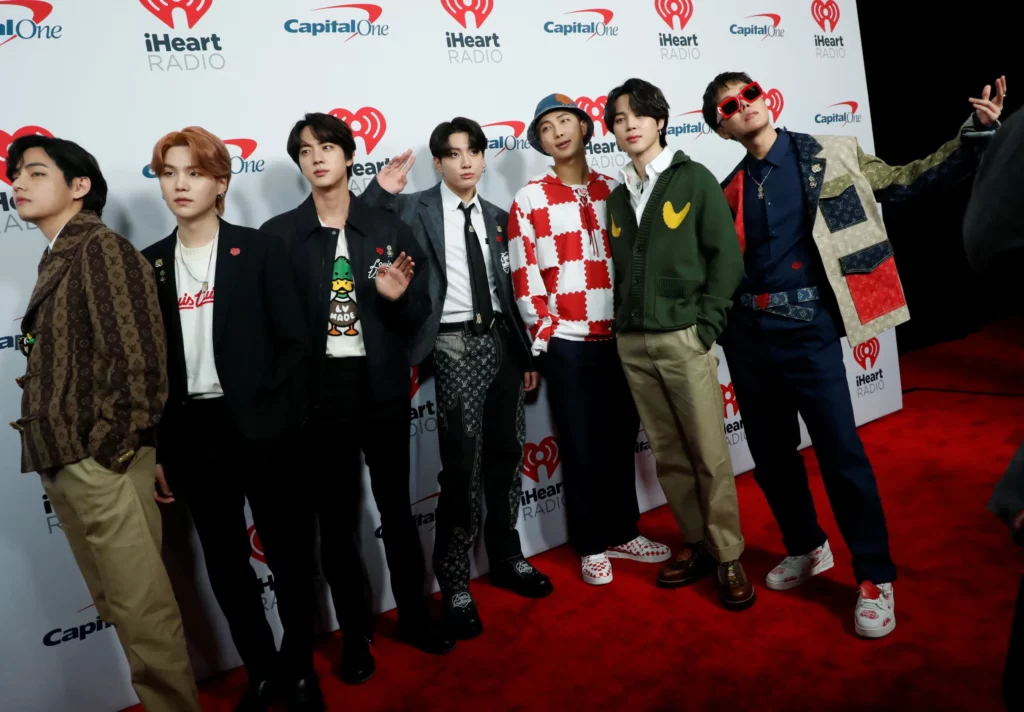So you’ve set your sights on a career in music – fantastic! But beyond the stage lights and recording studios lies a complex ecosystem that keeps the music world humming. Understanding the various music industry roles is crucial, whether you’re an artist taking the first steps or a seasoned musician looking to navigate the landscape effectively.
This blog post serves as your backstage pass, offering a glimpse into some of the most important figures you’ll encounter on your musical journey.
17 Music Industry Roles
1. Your Guiding Light: The Artist Manager
Think of your manager as your musical confidante and strategist. They wear many hats, championing your career across all aspects. Here’s what they do:
- Career Development: From crafting your musical identity to setting career goals, your manager guides you in navigating the industry and making strategic decisions. This might involve analyzing market trends, identifying target audiences, and developing a long-term vision for your artistic growth.
- Live Shows and Touring: Managers secure gigs, negotiate contracts for live performances, and help plan tours to connect you with your audience. They’ll likely have a strong network of venues and promoters, and their negotiation skills can ensure you receive fair compensation for your live shows.
- Public Image and Branding: They work on building your brand identity, managing media relations, and ensuring a consistent public image. This could involve crafting a compelling bio, coordinating social media campaigns, and arranging interviews with relevant media outlets.
- Business Affairs and Deal Negotiations: Managers handle contracts, negotiate with labels and publishers, and ensure you get fair deals. They’ll have a keen eye for the business side of music, protecting your interests and ensuring you’re compensated appropriately for your creative work.
2. Finding the Right Stage: The Booking Agent
Imagine a skilled matchmaker between artists and venues. Booking agents specialize in securing live performance opportunities, often focusing on specific genres or regions. Here’s how they help:
- Venue Booking: They leverage their network to secure gigs at suitable venues, considering factors like audience size, location, and genre fit. They’ll strive to place you in venues that can draw a receptive audience and help you build a strong local following.
- Tour Planning and Logistics: Booking agents help create tour itineraries, negotiate fees, and coordinate logistics to ensure a smooth touring experience. This might involve arranging transportation, accommodation, backline equipment rentals, and ensuring all the technical aspects of your live shows run smoothly.
- Career Development (for Agents): Agents can identify talent with potential and help them build a touring history, eventually attracting bigger venues and festivals. By securing successful gigs early on, they can play a crucial role in launching your career and building your reputation as a captivating live performer.
3. The Sound Architects: Record Labels
Record labels have traditionally been the gatekeepers of music distribution. While the landscape is evolving, labels still play a crucial role, particularly for developing artists:
- Recording and Production: Labels may finance recording sessions, provide access to studio resources, and collaborate with producers and engineers of the highest caliber. This can elevate the production quality of your music and give it a professional polish.
- Marketing and Promotion: Their marketing muscle helps promote your music through radio play, advertising campaigns, and online strategies. Labels have extensive networks and resources to generate buzz around your music, potentially reaching a wider audience than you could independently.
- Distribution and Revenue: Labels distribute your music on various platforms, manage rights licensing, and collect royalties on your behalf. This ensures your music is widely available and that you’re compensated for streams, downloads, and other forms of consumption.
4. The Songwriting Guardians: Music Publishers
Songwriters are the heart of the creative process, and music publishers ensure their work is protected and generates income. Here’s what these music industry roles do:
- Copyright and Licensing: Publishers secure copyright for your songs and negotiate licensing deals for film, television, commercials, and other uses. They’ll have a deep understanding of music copyright law and work tirelessly to protect your intellectual property.
- Royalties Collection: They collect royalties for songplays, downloads, and public performances, ensuring you get your fair share. Publishers have established relationships with collection societies and streaming platforms, making sure you receive the proper compensation for your songwriting efforts.
- Song Placement Opportunities: Publishers can pitch your songs to artists or production companies, potentially leading to lucrative placements in movies, TV shows, video games, or commercials. A successful song placement can significantly boost your exposure and income as a songwriter.
5. Additional Music Industry Roles
In the ever-evolving world of artists and songs, new music industry roles and specializations are constantly emerging. Here are a few additional figures you might encounter:
- Digital Marketing Specialist: This tech-savvy professional manages your online presence, crafting social media campaigns, running targeted ads, and analyzing data to optimize your digital marketing strategy.
- Tour Manager: The on-the-ground leader during tours, the tour manager oversees logistics, coordinates with crew members, ensures smooth travel arrangements, and handles any on-site issues that arise during live performances.
- Entertainment Lawyer: A legal expert specializing in the music industry, they can advise you on contracts, copyright issues, intellectual property rights, and ensure your interests are protected in all legal matters.
- A&R Representative (Artists & Repertoire): The talent scouts of the industry, A&R reps identify and develop promising new artists. They attend live shows, listen to demos, and connect with potential signings for record labels.
Building Your Dream Team
The professionals you choose to work with can significantly impact your musical journey. Consider these factors when building your team:
- Experience and Expertise: Look for individuals with a proven track record and a strong understanding of your genre and career goals.
- Network and Connections: Their industry network can open doors to performance opportunities, collaborations, and valuable partnerships.
- Communication Style and Chemistry: Working relationships are built on trust and open communication. Find professionals who are responsive, transparent, and understand your vision.
- Fair Compensation and Agreements: Ensure contracts are clear and fair, outlining responsibilities, fees, and terms of engagement for each party.
The Takeaway: Knowledge is Power
By understanding the various music industry roles, you can navigate your career with greater clarity and purpose. Building a strong team of dedicated professionals can empower you to focus on your music and artistry, while they handle the complexities of the industry on your behalf.
So, embark on your musical adventure with confidence. With a clear understanding of the ecosystem and the right team by your side, you’ll be well on your way to turning your musical dreams into reality!












